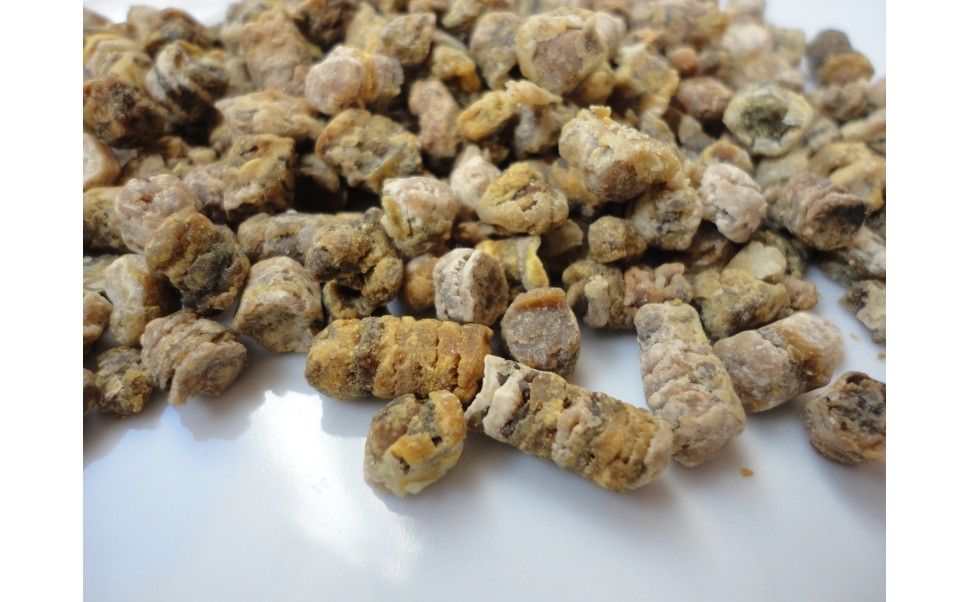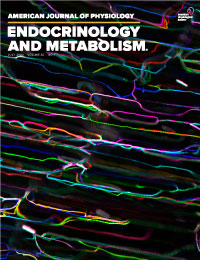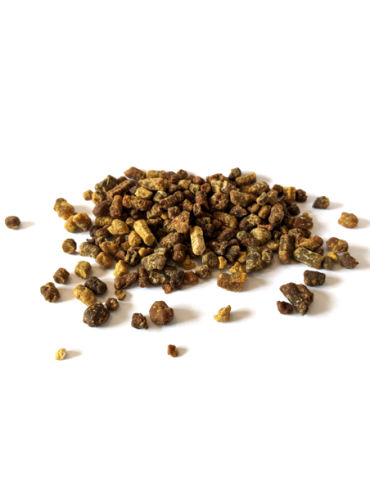American Journal of Physiology
Endocrinology and Metabolism
Publised July ,6 2021
Obesity is often referred to as a complex chronic disease affecting children, adults and both sexes and it's become a serious health challenge for many countries worldwide. This study investigated the protective role of bee bread, a natural bee product, against obesity-induced decreases in steroidogenesis (conversion of cholesterol into steroids) and spermatogenesis (sperm cell productions).
ABSTRACT
The pituitary-gonadal axis plays an important role in steroidogenesis and spermatogenesis, and by extension, fertility. The aim of this study was to investigate the protective role of bee bread, a natural bee product, against obesity-induced decreases in steroidogenesis and spermatogenesis.
Thirty-two adult male Sprague–Dawley rats weighing between 200 and 300 g were divided into four groups (n = 8/group), namely: normal control (NC), high-fat diet (HFD), HFD plus bee bread administered concurrently for 12 wk (HFD þ B), HFD plus orlistat administered concurrently for 12 wk (HFD þ O) groups. Bee bread (0.5 g/kg) or orlistat (10 mg/kg/day) was suspended in distilled water and given by oral gavage daily for 12 wk.
Levels of follicle-stimulating hormone, luteinizing hormone, testosterone, and adiponectin, as well as sperm count, motility, viability, normal morphology, and epididymal antioxidants decreased, whereas levels of leptin, malondialdehyde, and sperm nDNA fragmentation increased significantly in the HFD group relative to the NC group.
There were significant decreases in the testicular mRNA transcript levels of androgen receptor, luteinizing hormone receptor, steroidogenic acute regulatory protein, cytochrome P450 enzyme, 3b-hydroxysteroid dehydrogenase (HSD) and 17b-HSD in the testes of the HFD group.
Furthermore, mount, intromission and ejaculatory latencies increased, and penile cGMP level decreased significantly in the HFD group. Supplementation with bee bread significantly reduced leptin level and increased adiponectin level, enhanced sperm parameters and reduced sperm nDNA fragmentation, upregulated the levels of steroidogenic genes and proteins in HFD-induced obese male rats.
Bee bread improved steroidogenesis and spermatogenesis by upregulating steroidogenic genes. Therefore, bee bread may be considered as a potential supplementation to protect against infertility in overweight men or men with obesity.
Link to full article: https://journals.physiology.org/doi/full/10.1152/ajpendo.00093.2021
.png)















